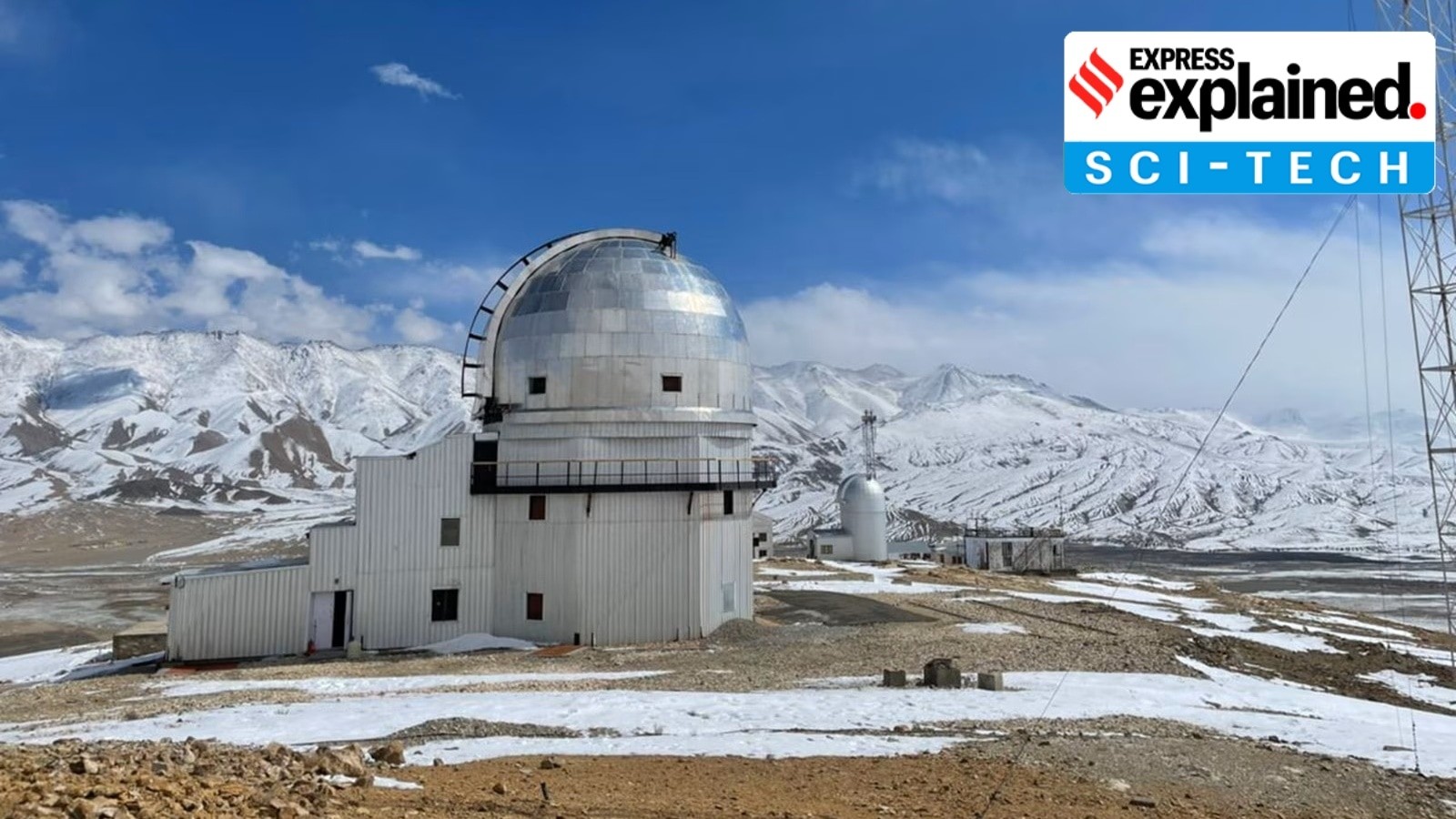




Source: HINDU
Disclaimer: Copyright infringement not intended.
The Indian Institute of Science (IISc) in Bengaluru has started a special programme called Pravriddhi. It aims to bring together businesses, universities, research labs and investors to create innovative products and help India become more self-reliant.
IISc is a public, deemed, research university for higher education and research in science, engineering, design, and management. It is located in Bengaluru.
The institute was established in 1909 with active support from Jamsetji Tata and thus is also locally known as the Tata Institute. It was granted a deemed university status in 1958 and recognized as an Institute of Eminence in 2018.
Pravriddhi is a pan-India programme launched by the Foundation for Science, Innovation and Development (FSID) at IISc. It creates a platform where different groups can work together to develop new ideas and products.
The programme supports India’s vision called Viksit Bharat 2047 which hopes to make India’s economy worth $30 trillion by 2047. A big part of this growth (25%) will come from manufacturing. Pravriddhi helps by focusing on:
Designing market-ready products.
Strengthening India’s ability to innovate.
Competing globally in product manufacturing.
Particle accelerators are advanced machines that use electromagnetic fields to speed up charged particles such as electrons or protons and direct them at high speeds. These devices are used for scientific research, medical applications, industrial purposes and energy studies.
Only particles like electrons, protons or ions can be accelerated since they respond to electric fields.
Electric and magnetic fields are used to increase the speed and direct the path of particles.
Particles gain energy as they accelerate allowing scientists to study their properties and interactions.
Particles move in a straight line.
Example: LINAC at SLAC National Accelerator Laboratory, USA.
Particles travel in a circular path gaining energy with each turn.
Types:
Example: Large Hadron Collider (LHC) at CERN.
Source: Produces the charged particles (e.g., ion sources, electron guns).
Accelerating Structures: Apply electric fields to increase particle speed.
Magnets:
Beamlines: Channels guiding accelerated particles.
Detectors: Capture and analyze interactions of particles with targets.
Study of fundamental particles and forces (e.g., Higgs boson discovery at CERN).
Insights into the origins of the universe.
Proton therapy for targeting tumors.
Producing isotopes for PET scans.
Analyzing structural properties of materials.
Ion implantation for microchips.
Study of nuclear fusion and advanced energy technologies.
Enables groundbreaking discoveries in physics and medicine.
Advances technology and innovation.
Provides valuable tools for industrial applications.
Building and operating particle accelerators is expensive.
Requires advanced engineering and technical expertise.
Large accelerators consume significant amounts of power.
Sources:
|
PRACTICE QUESTION Q:India's vision of 'Viksit Bharat 2047' emphasizes the role of innovation and manufacturing in achieving economic growth. In this context, analyze how initiatives like Pravriddhi can contribute to realizing this vision. Suggest measures to enhance their impact. (250 Words) |






© 2026 iasgyan. All right reserved